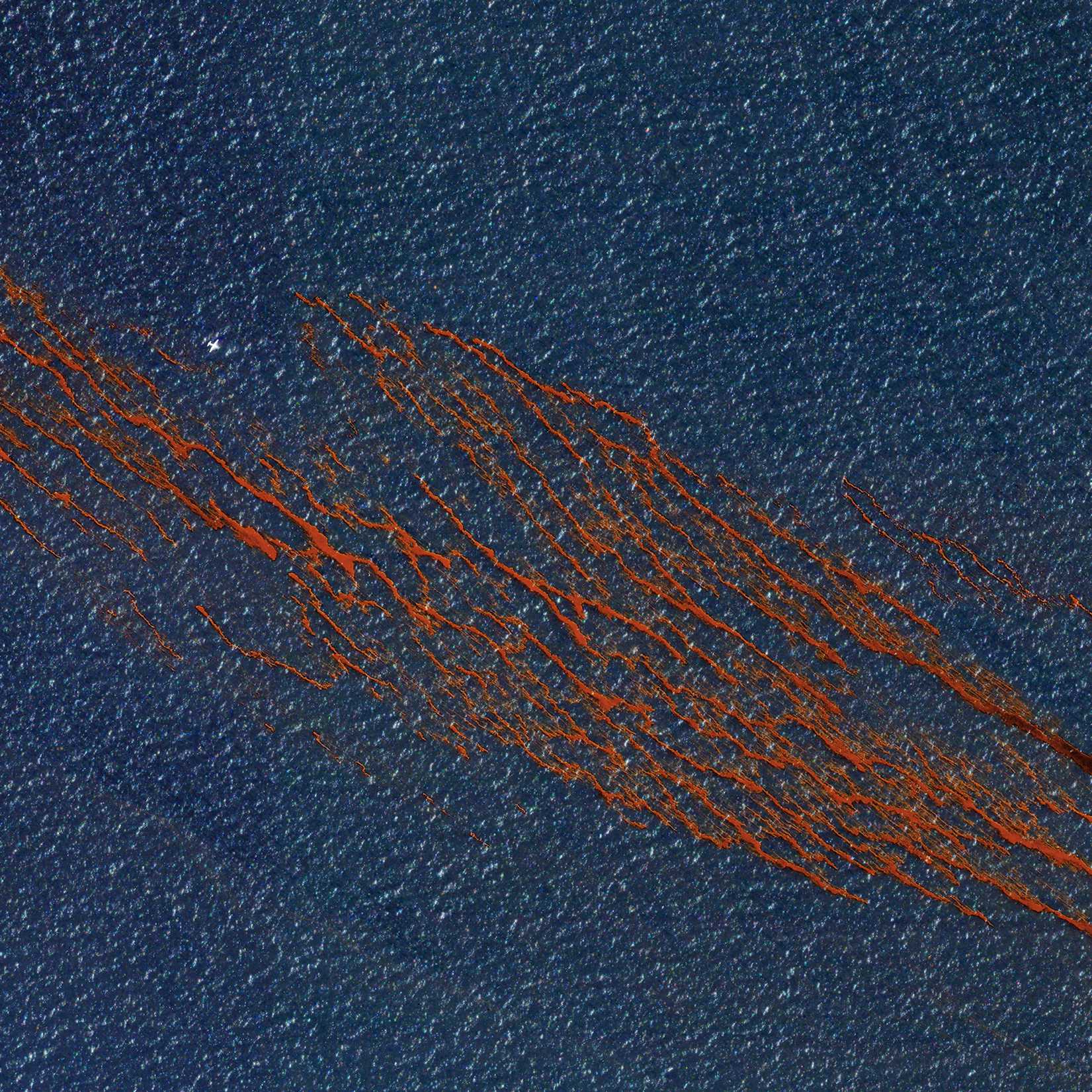
A damning new study says that the 2010 Deepwater Horizon disaster in the Gulf of Mexico could have led to potentially lethal heart defects in yellowfin amberjack, yellowfin tuna and bluefin tuna — three economically important fish species.
To conduct the study, which was published in Proceedings of the National Academy of Sciences on Monday, scientists recreated the contaminated sea environment with samples from the BP oil spill, and introduced fish larvae to it. They found that the fish exhibited a number of heart defects, which could lead either to death or a slower swimming pace.
“So they are either going to get eaten or they won’t be able to eat enough,” says co-author John Incardona, research toxicologist at the National Oceanic and Atmospheric Administration. “That leads to reduced survival.”
The study comes three months after scientists announced that Louisiana dolphins face lung disease and low birthrates following the spillage of more than 636 million liters of crude oil into the Gulf of Mexico.
Peter Hodson, a fish toxicologist unconnected to the recent study, told The Verge that it was a “tour de force” for researchers to manage to keep the larvae alive long enough to study the oil’s effects. However, a BP spokesperson said that “the paper provides no evidence to suggest a population-level impact.”
The bluefin tuna population in the Gulf of Mexico is already struggling from overfishing and water pollution, and faces virtual extinction.
[Verge]
More Must-Reads from TIME
- Donald Trump Is TIME's 2024 Person of the Year
- Why We Chose Trump as Person of the Year
- Is Intermittent Fasting Good or Bad for You?
- The 100 Must-Read Books of 2024
- The 20 Best Christmas TV Episodes
- Column: If Optimism Feels Ridiculous Now, Try Hope
- The Future of Climate Action Is Trade Policy
- Merle Bombardieri Is Helping People Make the Baby Decision
Contact us at letters@time.com